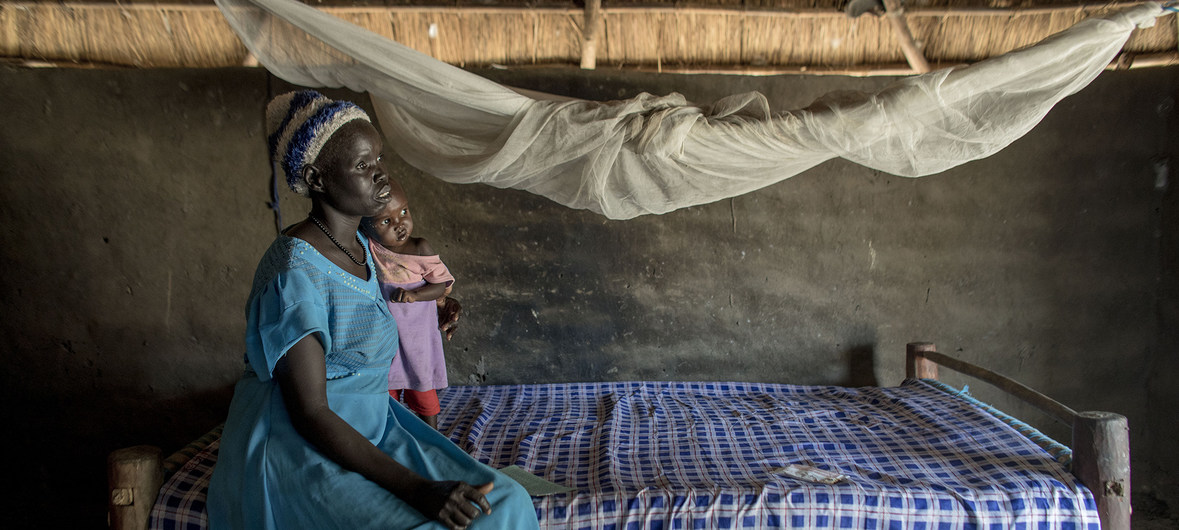
11 mln expectant women were infected with malaria in sub-Saharan Africa last year:WHO Report

The United Nations report that was launched on Wednesday shows while more pregnant women and children are being protected against malaria than before, more fast-tracking and greater funding are needed to reinvigorate the global response.
“We’re seeing encouraging signs, but the burden of suffering and death caused by malaria is unacceptable, because it is largely preventable”, said Tedros Adhanom Ghebreyesus, the Director-General of the World Health Organization-WHO, the agency behind the World malaria report 2019.
The report notes a significant increase in the number of pregnant women and children in sub-Saharan Africa sleeping under insecticide-treated bed nets and using preventive medicines. However, WHO maintains that progress has stalled in the hardest-hit countries.
WHO World Malaria Report 2019🦟: The number of pregnant women 🤰 & children 👶 in sub-Saharan Africa sleeping under insecticide-treated bed nets & benefiting from preventive medicine for #malaria has increased significantly in recent years👉https://t.co/3PKJYcuL3R #EndMalaria pic.twitter.com/6WRj3iEfJ2
— World Health Organization (WHO) (@WHO) December 4, 2019
In 2018, some 11 million pregnant women were infected with malaria in sub-Saharan Africa, which resulted in low birth-weights for nearly 900,000 children.
According to WHO, pregnancy reduces a woman’s immunity to malaria, rendering her more susceptible to infection and at greater risk of illness, severe anaemia and death.
Maternal malaria also interferes with growth in the womb, increasing the risk of premature delivery and low birth weight – a leading cause of child mortality.
And despite encouraging signs that preventive measures are helping protect pregnant women and children, from 2014 to 2018 there was no improvement in the global rate of malaria infections in the hardest-hit countries.






